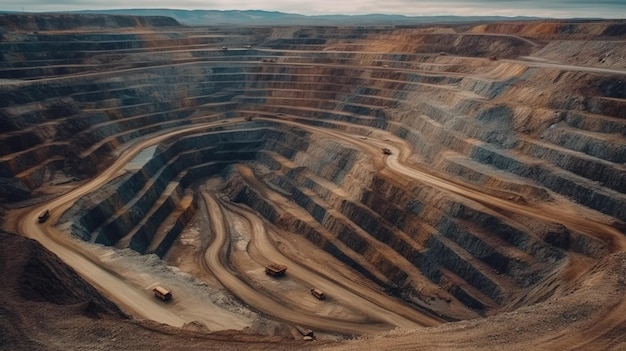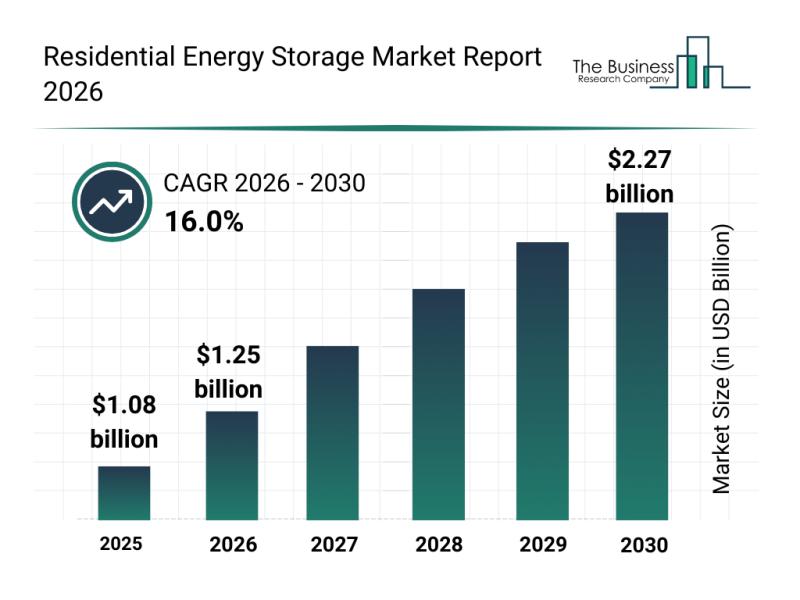
Mining, an essential industry for economic development, plays a significant role in shaping our modern world. However, it is crucial to recognize the environmental consequences associated with mining activities, particularly its contribution to climate change. In this article, we will delve into the intricate relationship between mining and climate change, exploring the various ways in which mining practices impact our planet's delicate balance.
- Deforestation and Land Degradation:
Mining operations often require large areas of land, leading to deforestation and habitat destruction. The clearing of forests not only reduces carbon sequestration but also disrupts ecosystems, releasing stored carbon into the atmosphere. Additionally, the extraction process can result in land degradation, further exacerbating the loss of carbon sinks. - Greenhouse Gas Emissions:
Mining activities are responsible for significant greenhouse gas emissions throughout their lifecycle. The extraction and transportation of minerals, as well as the operation of heavy machinery, rely heavily on fossil fuels. The combustion of these fuels releases carbon dioxide (CO2), a potent greenhouse gas, into the atmosphere. Moreover, the energy-intensive processes involved in refining and processing minerals contribute to additional emissions. - Methane Emissions:
Coal mining, in particular, is associated with the release of methane, a potent greenhouse gas with a significantly higher warming potential than CO2. Methane is released during the extraction process and from underground coal seams. These emissions contribute to the greenhouse effect and accelerate climate change. - Water and Air Pollution:
Mining activities can contaminate water sources and pollute the air, further impacting the climate. The discharge of untreated mine wastewater can introduce heavy metals and other pollutants into rivers and lakes, affecting aquatic ecosystems and contributing to the release of greenhouse gases. Additionally, the release of particulate matter and toxic gases into the air from mining operations can have detrimental effects on air quality and human health. - Indirect Impacts:
Mining also has indirect impacts on climate change through its role in the production of key materials for renewable energy technologies. The extraction of minerals such as lithium, cobalt, and rare earth elements, which are essential for solar panels, wind turbines, and electric vehicle batteries, can result in significant environmental damage and carbon emissions.
Conclusion:
Mining, while essential for economic growth and technological advancement, cannot be divorced from its environmental consequences. The industry's contribution to climate change through deforestation, greenhouse gas emissions, water and air pollution, and indirect impacts cannot be ignored. As we strive for a sustainable future, it is imperative to develop and implement responsible mining practices that minimize environmental harm and mitigate climate change.

